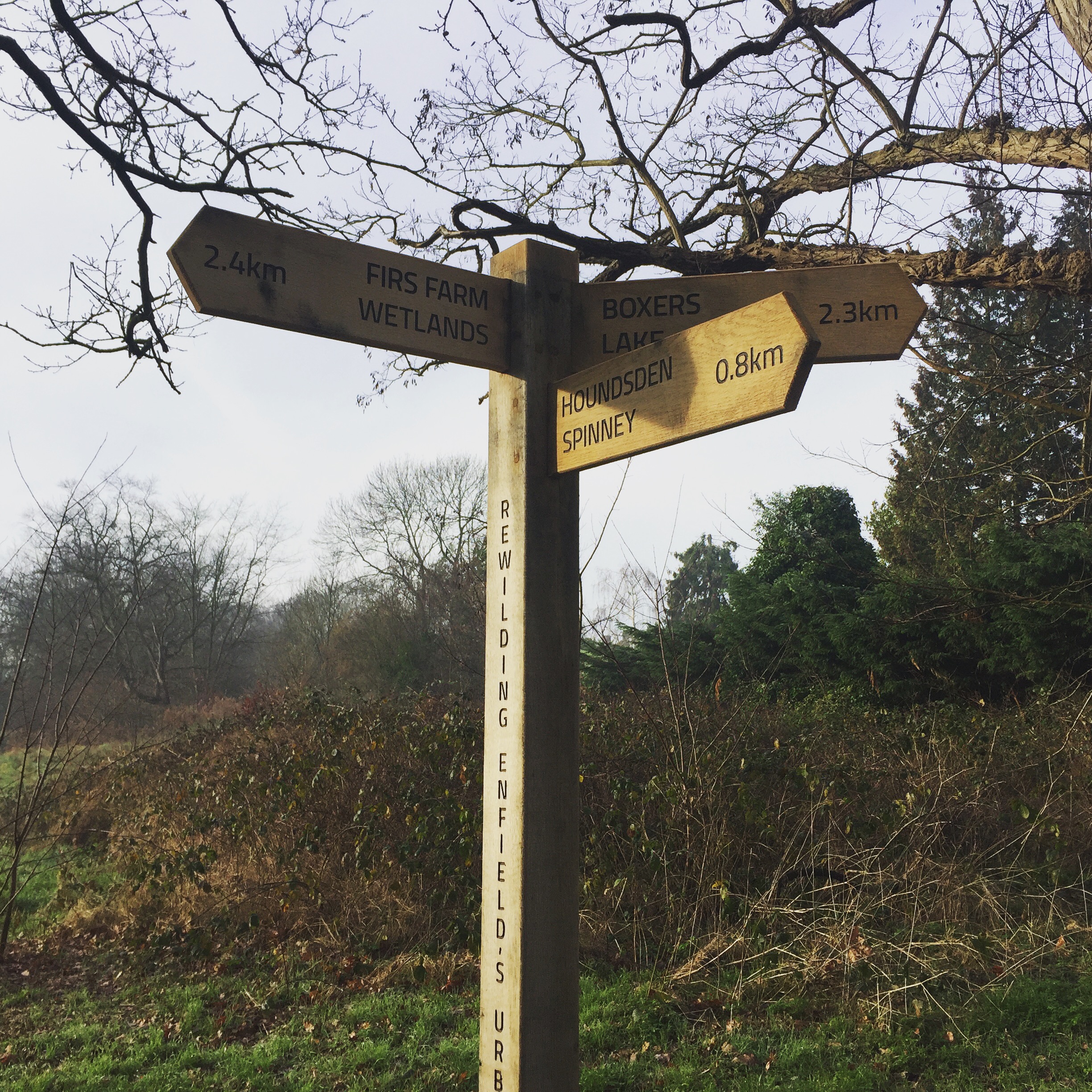I have been working with the independent press Dead Ink (publisher of my own collection, Hollow Shores) recently, editing the work of 'lost' London writer D.A. Northwood – namely the novella Judderman produced for the 1972 run of the Eden Book Society. It has been a very rewarding experience, and I have found of immense interest the fictional novels Northwood makes reference to in his works. As a writer myself interested in the blurring of fictional realities and so-called true ones, I find Northwood's simple but powerfully effective tactic irresistible.
Interspersed with his references to 'real' (for what is real anyway?) writers such as Alexander Baron, Algernon Blackwood, C.L. Nolan, Mary Butts, Arthur Machen, and the poet Adrian Mitchell, we find a number of references to writers I can find no record of despite my exhaustive online searches.
We find a reference to a poet operating in either the weird or the decadent tradition (as always Northwood only makes the briefest of allusions) named Hecate Shrike. Whether contemporary to the nineteen seventies or not, it is never made clear.
There is much discussion of the clearly fictional Malachite Press (how I wish it existed!), with the following works cited to a writer named Michael Ashman, creator of a series of post-WW2 occult detective novels, following the exploits of a man named Vincent Harrier. A grim, anti-heroic figure perhaps familiar to the contemporary reader from American hard-boiled fiction, but operating in the Blitz rubble of a city rebuilding itself both physically and psychologically.
The Ashman books referenced in Northwood's work are:
- The Salvage Song of the Larks, and Other Stories (one story in the collection is named: ‘A Life Constricted, or, These Serpentine Coils Will Crush Us Both’)
- Saxifraga Urbium (a story of London Pride)
- What I Found in the Drowned Land
- The Epitaph To All Our Yesterdays
- Your Architect is Degenerate
There is also reference to another London novel, chronicling the mudlarks who sift for the treasure of the Thames. It is a book that we must also assume to be fictional. The title of that novel is Through This Mud We Find Ourselves, and has no author attributed to it.
I live in the hope that one day, in an Oxfam or Mind charity bookshop in my new home of Enfield Town, I will stumble on one of these mythical novels of a hidden London. I know it is an impossibility, and therein lies the thrill.





